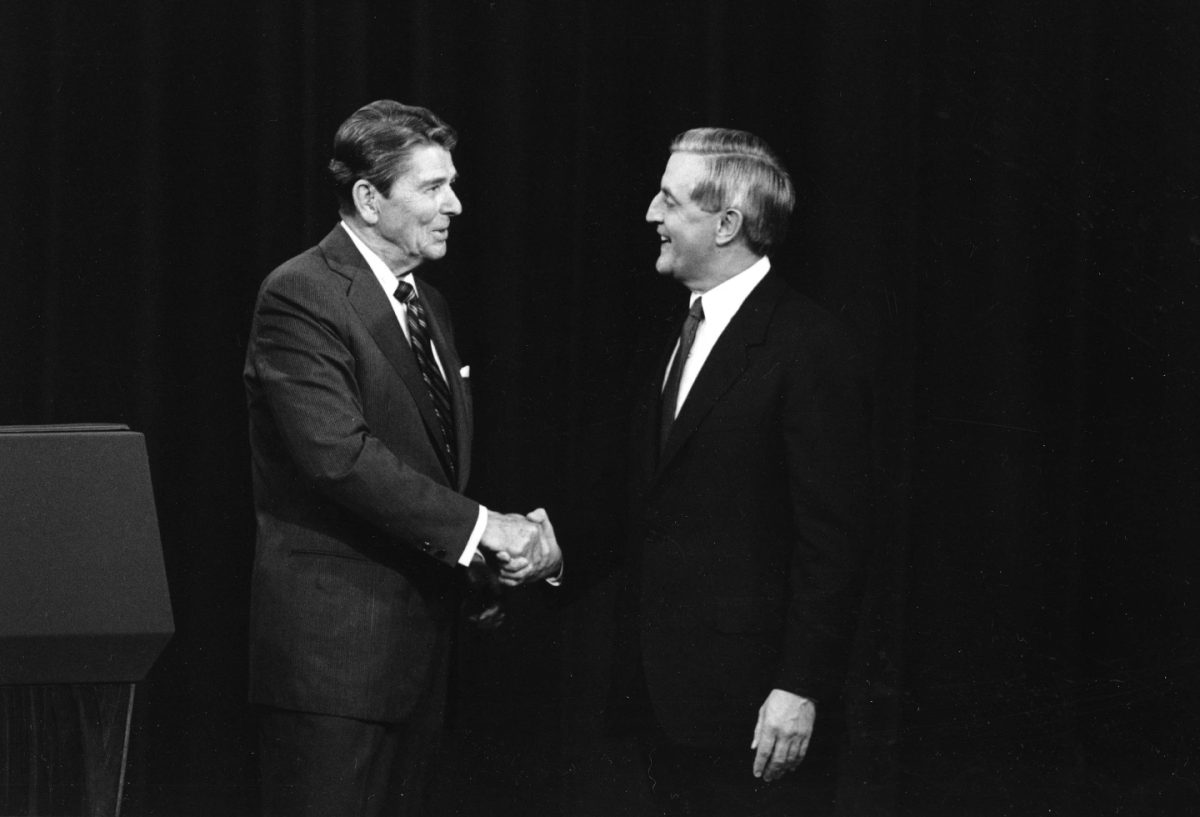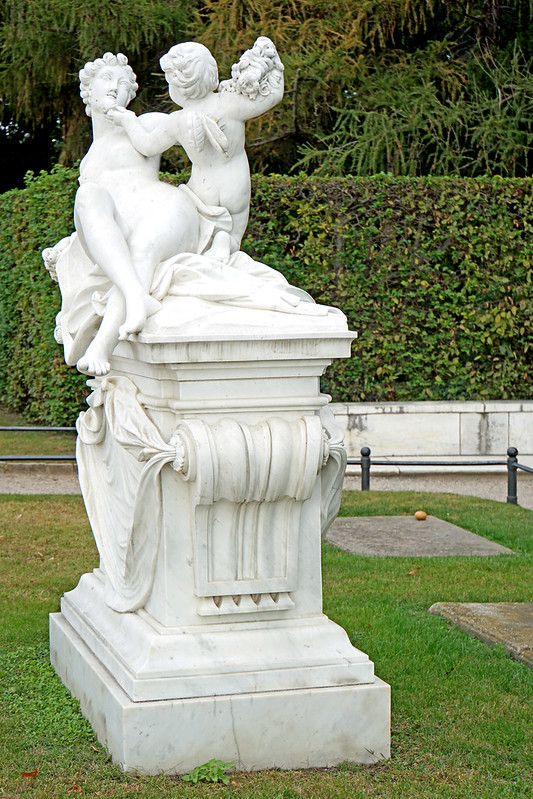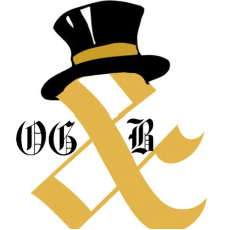When I arrived in Washington D.C., I was not aware that I was about to be a part of one of the biggest protests in American history. In fact, nobody knew the enormity of the journey we were embarking on.
The Women’s March on Washington, which began as a group on Facebook, had grown and spread to such proportions in under two months that event organizers could not get a head count — and still haven’t managed to do so to complete accuracy.
Yet, what we do know is that the day after the Inauguration of the man who is arguably the most dangerous president to women’s rights in a century, over a million people all over the country rallied to march in solidarity against an administration that had campaigned and succeeded on a promise to dismantle their reproductive rights.
I was at the center of it in Washington D.C., with three friends, a homemade poster and completely inadequate shoes. The two-mile march I had expected turned into five hours of standing shoulder-to-shoulder with hundreds of thousands of strangers. We were completely at a standstill from the sheer volume of people in the streets.
Our “march” had grown so large that it was more of a rally for the entire city of Washington D.C. While prominent activists like Gloria Steinem and Wake Forest’s own Melissa Harris-Perry gave passionate and moving speeches on gender equality, racial disparity, violence against women and reproductive rights, those of us stuck on the fringes and unable to hear the addresses conversed excitedly about why we were there. I correspond part-time for a podcast called Promoting Secular Feminism and used this opportunity to interview a few women. “Why are you marching today? And what does feminism mean to you?” I asked women from all over the country — and one from Venezuela!
“I’m marching today for my daughter,” a woman with a toddler strapped to her chest told me. “To me, especially as a Muslim woman who grew up in a diverse neighborhood in New York, feminism means not just equality for the sexes, but for all people — inclusive and aware of the racial, religious, educational and class differences that further complicate the issue of women’s rights,” an artist I met on the train platform said.
This focus on intersectional feminism was apparent in a lot of the women I interviewed.
“As a femme queer woman, I want to fight and march for women in the queer community who don’t feel safe protesting in public spaces,” said one protester. Some women were just there “to support friends” while others were there to “be part of history.”
Of the hundreds of thousands of women in D.C. and millions around the world over the weekend, I don’t think you could interview two with the exact same impetus for attending. However, what we all had in common was our refusal to accept an administration that denies or strips the rights of half the population of the U.S.
The show of solidarity and outpouring of love from and to my gender filled me with a hope that I haven’t felt since Election Day. It was like finally finding a little candle in a big dark room. I’m still afraid and hurt over the election. Many of us are. But at the Women’s March on Washington, we gave off just enough light to see the possibility of a brighter future ahead, if we are willing to fight for it.
As (now-former) President Obama said, “Hope is the belief that destiny will not be written for us, but by us, by the men and women who are not content to settle for the world as it is, who have the courage to remake the world as it should be.”













